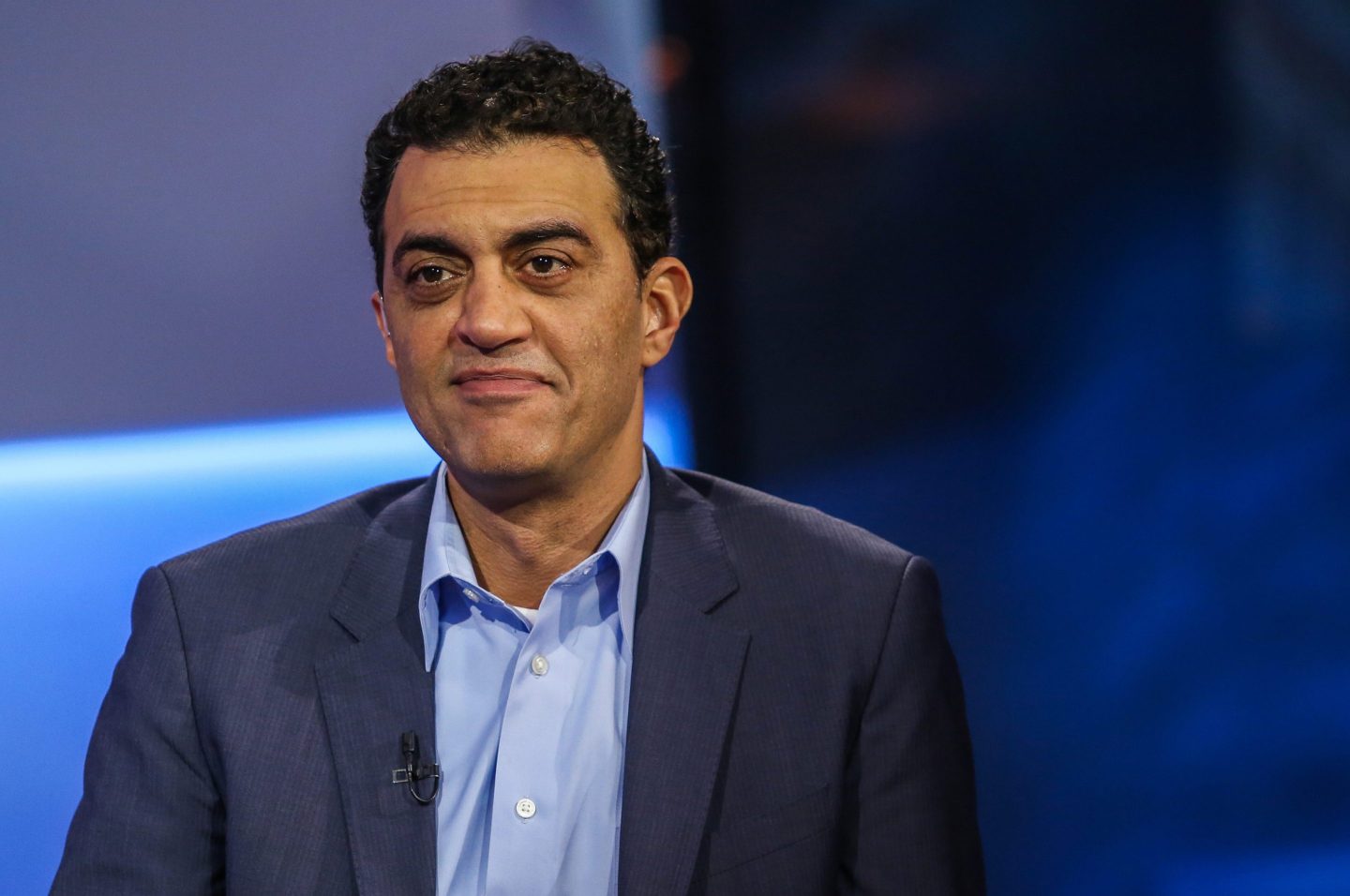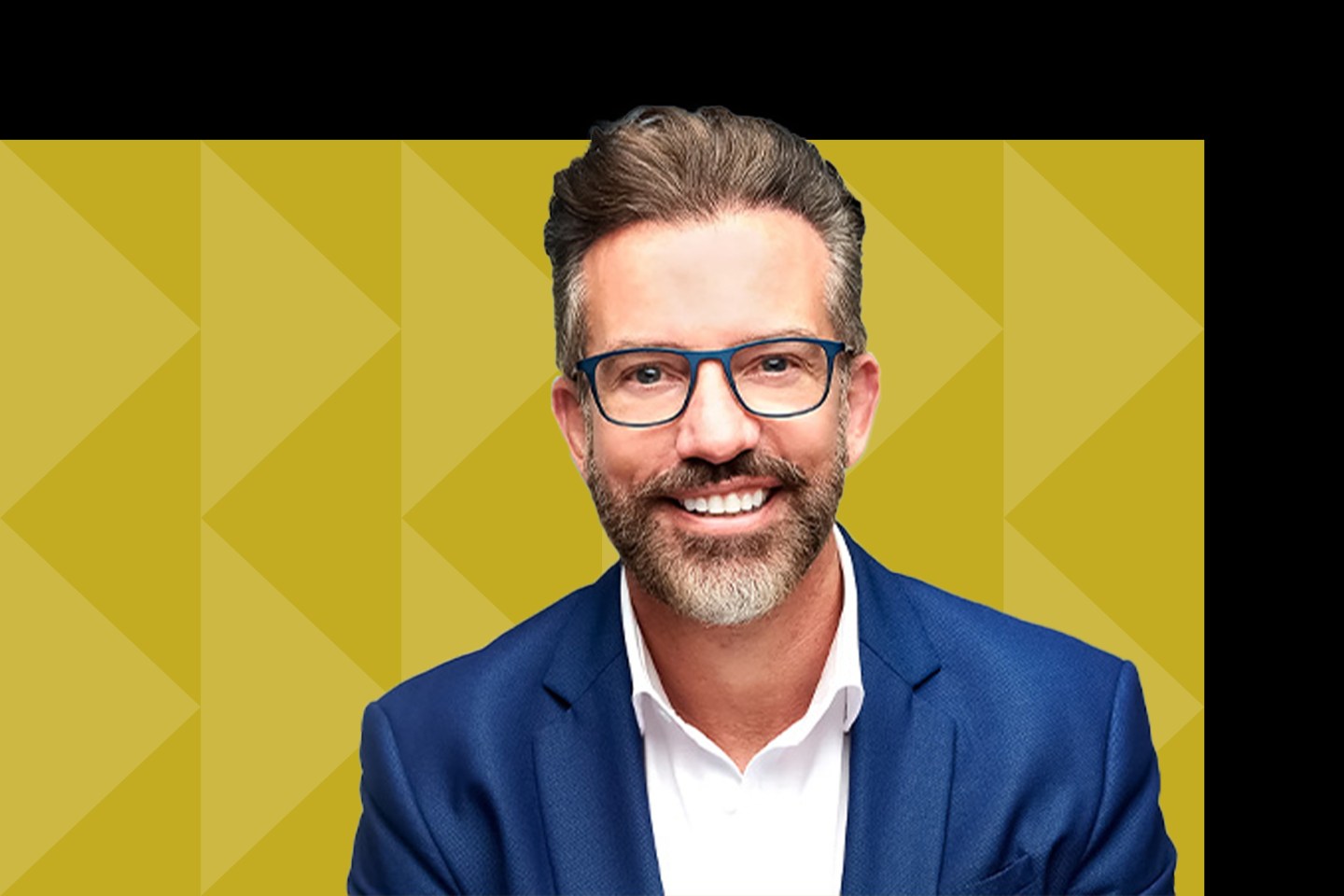Africa needs around $12 billion to vaccinate enough people to contain the spread of COVID-19 on the continent, according to the two major global financial institutions.
A new paper from the World Bank and the International Monetary Fund also said the world’s richest countries, the G20, should extend a debt moratorium for poorer countries until the end of the year.
The paper said the amount of money needed by Africa to prevent transmission of the virus is the same as the total amount of official debt service payments already deferred by 45 of the poorest countries participating in the G20’s Debt Service Suspension Initiative.
AstraZeneca’s vaccine, which has been widely distributed to developing countries, continues to face obstacles that could limit its rollout in poorer nations.
The University of Oxford halted trials of the AstraZeneca vaccine it codeveloped in a small U.K.-based study involving children and teenagers over concerns about blood clotting, the Wall Street Journal reported Tuesday.
No safety issues arose in the trial itself, but wider concerns about blood clotting have triggered further regulatory reviews in the U.K. and Europe, an Oxford spokesperson told the Journal.
Rich countries like the U.S. have focused on vaccinating their own populations, but public health officials warn that the pandemic will continue until developing countries vaccinate a majority of their citizens.
African countries received COVID vaccines much later than the rest of the world and in limited quantities, according to the World Health Organization. There are fewer than 10 African vaccine manufacturers, which are located in only five countries of the 54 on the continent: Egypt, Morocco, Senegal, South Africa, and Tunisia.
Many African countries have signed up to receive vaccines from the Covax effort led by Gavi, the Vaccine Alliance and the WHO. Covax has shipped more than 37 million COVID-19 vaccines to 90 developing countries in its program as of publication.











